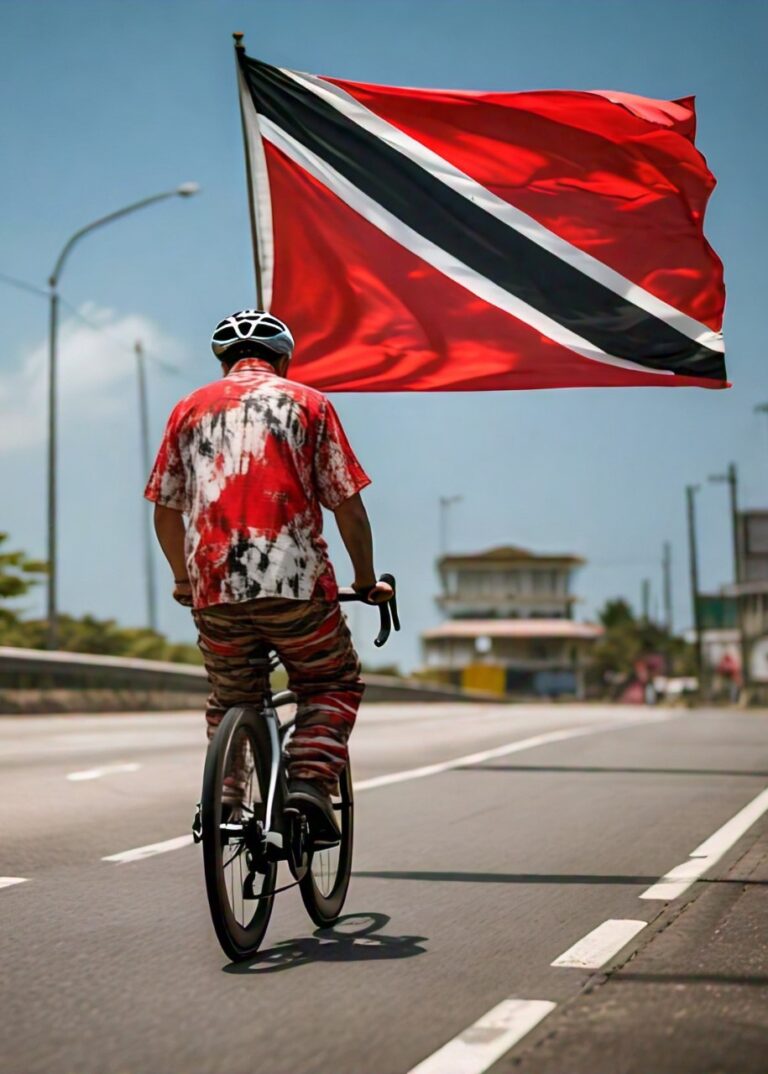Gang affiliation in Trinidad and Tobago

There is no single, generally accepted definition of what is a “gang”. When we say “gang” the term “street gang” is often used interchangeably with “youth gang” as well as “criminal street gang,” with the latter indicating the element of criminal activity found almost universally in gang-related legislation. However, the term “street gang” suggests a common feature of gangs which commonly have a street presence and socialization. Second, it also suggests “street crimes,” that are serious and violent crimes (e.g., assaults, drive-by shootings, robberies, homicides) that occur on the streets which are of concern to citizens and policymakers. The ongoing commission of these offences instills fear among residents, undermining informal social control mechanisms within the community.
A common element regarding all gangs is their influence in drug trafficking, distribution, and/or sales. To be sure, gang members are significantly more likely to be involved in drug sales, and gang-drug-violence. Incidents involving gangs and drugs, resulting in the use of violence, attract greater coverage by the media, thus reinforcing this connection to the public. Gang violence, however, entails both expressive crimes and instrumental crimes. Expressive crimes pertain to incidents arising from ongoing conflicts and rivalries between gangs (e.g., disrespect, symbolic dominance), while instrumental crimes pertain to incidents surrounding economic functions (e.g., drug sales). While it is difficult to determine with precision the proportion of gang violence related to each, it has been demonstrated convincingly that instrumental-type incidents are much rarer than widely believed.
In Trinidad and Tobago there are over 90 criminal gangs, some of which take part in high levels of homicide and violence. Recent research has shown that gang members in Trinidad and Tobago are more likely than nongang members to be arrested for violent, property, and drug crimes. As gangs continue to flourish throughout the Caribbean, there is a pressing need to understand the nature of these gangs and their impact on the communities in which they are established. According to police data, the dominant nature of certain gangs is often connected to controlling turf and using violence to retaliate and intimidate citizens and rivalries.
Unemployment is a major contributor to gang affiliation. It is just one example of a larger trend, where competition for development contracts in certain institution like the URP (Unemployment Relief Program) causes a spike in inter-gang violence. An article published in the Stabroek News recently quotes a source nonchalantly mentioning a shooting over one contract and competition for another to build a basketball court on Duncan Street, one of the more distressed areas of Port-of-Spain (capital) and the location of the six murders which spawned the recent official attention to gangs.
The Anti-Gang Act, 2018 facilitates mass arrests. This often escalates violence, but not the conviction of large numbers of felons. There have been various credible media reports of the aftermath of the Act where police arrested over 100 people, 59 of which were immediately released with at least 42 remaining detained but not under arrest. On top of this, enforcement is mainly being targeted at street violence, which invites police retaliation of the same form. The result is the current dismal levels of confidence in law enforcement among the nation’s populace.
In Trinidad and Tobago, we should focus more on gang prevention. There should be a balance of prevention, intervention, and suppression strategies that is important for success in every community. Prevention programmes should target youth at risk of gang involvement and help reduce the number of youths who join gangs. These intervention programmes and strategies provide sanctions and services for younger youth who are actively involved in gangs to push them away from gangs. Law enforcement suppression strategies and intensive services target and rehabilitate the most violent gangs and older, criminally active gang members. Parents also need to collaborate with educational institutions, and we need to reinstate community parenting. We used to have safer communities in days of old where every elder was a parent to every child in the community. Let’s bring it back to save our street, our community our children and families.
Subrina Hall-Azih is a Trinidadian Educator living in New York.






